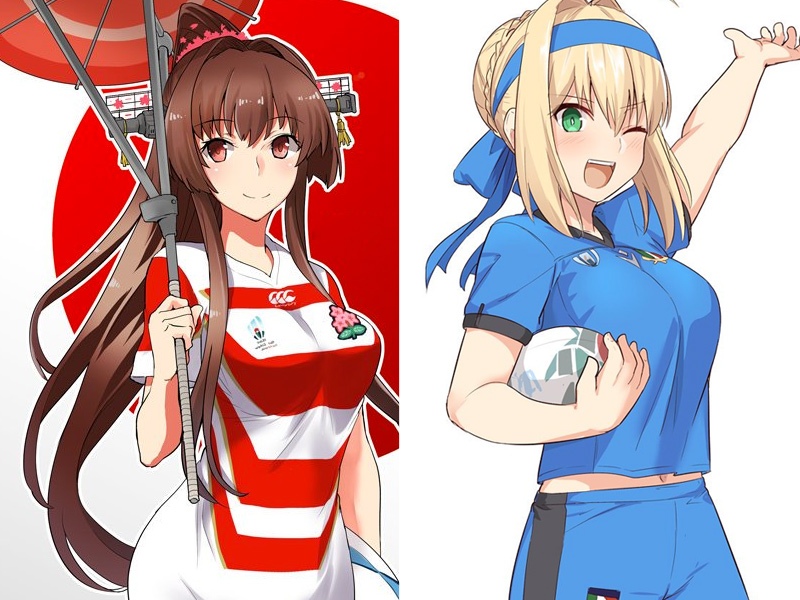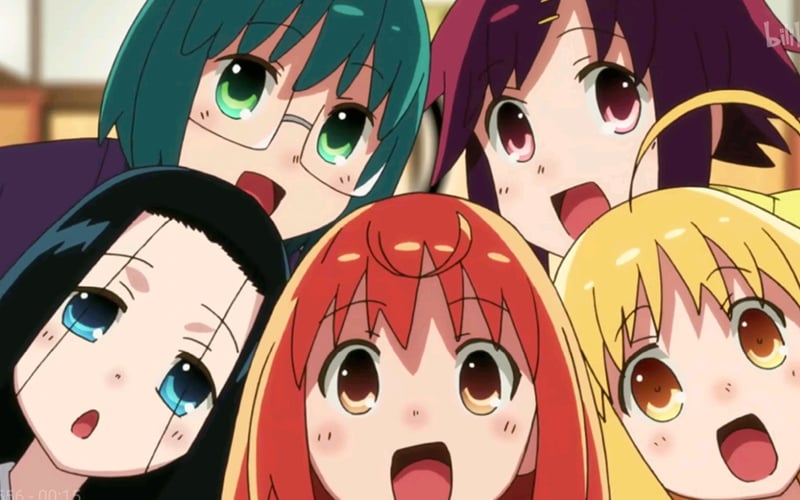Hello again from all of us at J-List!
Everyone is getting ready for 2003 to wind down. In Japan, one of the year-end traditions is “oh-souji” or Big Cleaning — cleaning your home from top to bottom so you can get a fresh start on the new year. Today the J-List staff put their other work on hold and gave J-List a thorough cleaning, pulling out all computer wires and wiping away the past year’s worth of dust and dirt everywhere. It felt great to take stock of everything while we cleaned, and now everything is spic and span. We’re ready for the new year! Japanese also buy new toothbrushes so they can start the year extra fresh and clean.
One of the big changes to take place during the decade-long Japanese recession has been the de-Japanification of several industries as foreign companies innovated their way into Japanese markets. Toys R Us has wrought massive changes in the domestic toy industry here, Mazda is mostly owned by Ford, and Nissan has a gaijin president — the widely respected Charles Ghosn, who has worked miracles with the formerly-bloated company. One way foreign companies have found success is by actively going against accepted norms in Japan, a place where companies seem to compete by trying to be as similar to other companies in their industry as possible. Starbucks, for example, has done well in Japan by not changing the format that worked for them in the U.S. Here, for example, Starbucks employees greet you informally (“konnichiwa”) instead of using the more stiff greeting usually reserved for customers in retail shops (“irasshaimase”). Japanese probably felt odd being greeted in a friendly manner the first time they go into a Starbucks, something that just isn’t done here, but after a while it started feeling warm and pleasant to them. Toys R Us also brought the concept of pricing products at 999 yen instead of 1000 yen, which was never done here before they entered the toy market (companies always set prices so that they’d be in nice, even numbers when tax was added).
One unique aspect of Japan are the “love hotels” that pop up here and there throughout the country. Because Japanese young people usually live with their parents into their 20s (or indefinitely, if they’re the oldest son or daughter), it can be difficult for couples to find time for privacy. So they go to a love hotel, where they can enjoy “rest” (2 hours of privacy) or “stay” (all night). Formerly known as “motels,” which causes some confusion when Japanese go to the U.S. and see motels there, the rooms inside love hotels have everything couples might need — exotic baths, romantic beds, toothbrushes, even a condom on the pillow (although Tomo says it’s dangerous to use this condom, as couples who used the room before might have poked a small hole in it for the next couple, as a joke). Many love hotels are organized around a theme, such as the Queen Elizabeth (a giant hotel that looks like a ship) that happens to sit in the middle of our own city, or rooms that look like the Forbidden City in Beijing. The most famous love hotel in Gunma is called The Rock, and everything in the rooms is based on Alcatraz — but it’s so popular, you have to wait outside for hours to get in. Another popular hotel in Tokyo is a haunted house — while couples go to their rooms, dozens of scary things jump out at them to scare them. Since couples going to a hotel want privacy, the hotels make sure they never need to see anyone — at some places, you can check out by phone, and put your money in a tube that will be delivered to the front desk.
J-List still has a huge number of beautiful 2004 poster calendars in stock, even after selling hundreds of our popular large-format calendars this Christmas season. If you’re looking for a unique piece of Japan to put on your wall, we recommend you check out the amazing calendars we’ve still got left — more than 90 fantastic JPOP, anime, contemporary and classic Japanese art, photographic and other calendars. We’ve slashed prices on these unique calendars, allowing you to get a fantastic deal on something that won’t be available ever again. Enjoy a very special year with a beautiful Japanese calendar — or four!
For the new update, we’ve got some excellent products from Japan for you, including fresh stock of dozens of really cool items, from Groomy plushes to Japanese snacks and more. J-List currently has more than 2300 individual products in stock for you, from cool toys to rare anime items to unique character goods. Please come by and see all the great products we’ve got for you!
Remember that for the rest of 2003, J-List is having a special $1 shipping sale on all Japanese bishoujo games, e.g. the English-translated dating-sim games for Windows PCs. Awareness of these interactive dating-sim games has really blossomed in the past year or two, and we now have more than 40 different full bishoujo games and related hentai CD-ROM products in stock for you. Remember, order 4 or more and get 20% off the total, in addition to the $1 shipping sale. All products ship daily from San Diego.















